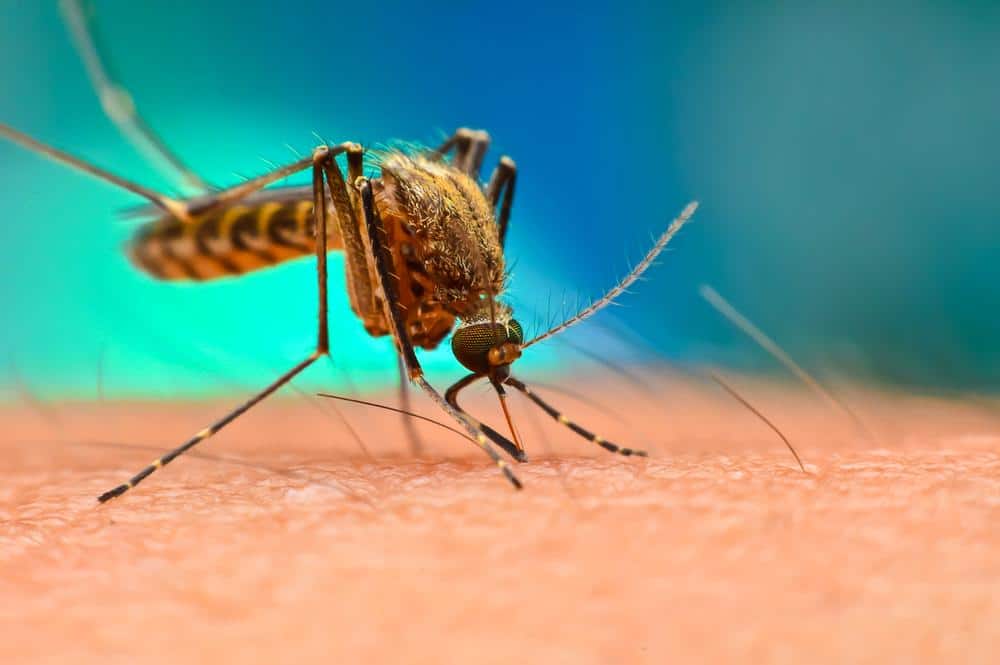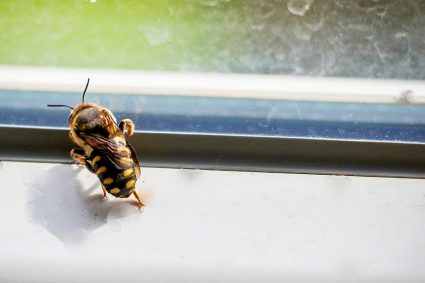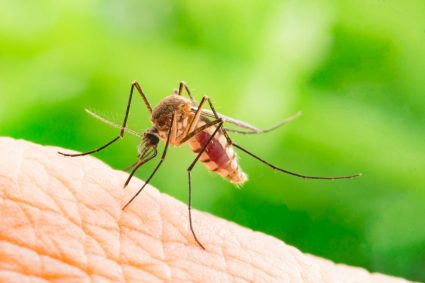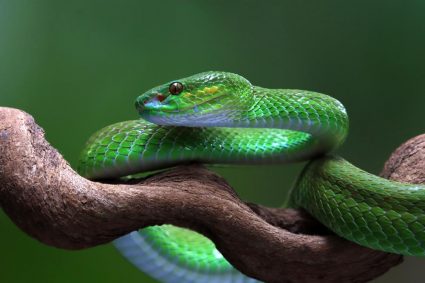
In the world of outdoor adventures and summer barbecues, insect repellents are a must-have to protect against pesky and potentially harmful insect bites. While DEET-based repellents have long been the gold standard, DEET-free alternatives have gained popularity in recent years. But why should you consider using DEET-free insect repellents? Let’s delve into the reasons behind this shift.
DEET-free insect repellents are gaining popularity due to several reasons. They can cause less skin irritation and sensitivity, may be safer for children and pregnant women, have a lower environmental impact, and offer natural alternatives to DEET. Additionally, they may pose a lower risk of overexposure. While DEET-based repellents are generally more effective, DEET-free alternatives containing picaridin or oil of lemon eucalyptus can still provide adequate protection against mosquitoes and ticks.
Understanding DEET
DEET, or N,N-diethyl-meta-toluamide, is a colorless, oily liquid that has been used as an active ingredient in insect repellents since 1957. It works by making it difficult for insects to land on and bite humans, effectively protecting against mosquito-borne illnesses like West Nile Virus, Zika virus, and malaria, as well as tick-borne illnesses like Lyme disease. However, despite its effectiveness, DEET has been associated with certain health and environmental concerns.
The Case for DEET-Free Repellents
Skin Irritation and Sensitivity
DEET can cause skin irritation, rashes, and blisters in some people, especially those with sensitive skin. In contrast, DEET-free alternatives, which often use plant-based ingredients like oil of lemon eucalyptus and picaridin, may be less likely to cause skin irritation.
Safety Concerns for Children and Pregnant Women
While DEET is considered safe for children older than two months and pregnant women when used as directed, DEET-free alternatives may be a better choice for these sensitive populations. For example, products containing oil of lemon eucalyptus (OLE) or para-menthane-diol (PMD) should not be used on children under 3 years old.
Environmental Impact
DEET can enter the air during spray applications and can get into surface waters from swimming or washing clothes with DEET on them. DEET-free alternatives may have a lower environmental impact, making them a greener option.
Natural Alternatives
Some people prefer using natural ingredients in their insect repellents. DEET-free repellents often use plant-based ingredients, such as oil of lemon eucalyptus and picaridin, which have been shown to be effective in repelling insects.
Reduced Risk of Overexposure
Overexposure to DEET can cause side effects such as vomiting, shaking, excitement, lack of coordination, and seizures in pets. DEET-free alternatives may pose a lower risk of overexposure.
The Effectiveness of DEET-Free Repellents
When it comes to effectiveness, DEET-based insect repellents are generally more effective than DEET-free alternatives. However, DEET-free repellents containing picaridin or oil of lemon eucalyptus can still provide adequate protection against mosquitoes and ticks. It’s important to consider individual preferences and needs when choosing an insect repellent, as some people may prefer DEET-free options due to concerns about DEET’s potential side effects or its impact on the environment.
Leading DEET-Free Insect Repellent Products
There are several DEET-free insect repellent products on the market that have received positive user reviews. These include Ranger Ready Picaridin Insect Repellent Spray, Sawyer Products 20% Picaridin Insect Repellent, Repel Plant-Based Lemon Eucalyptus Insect Repellent, Murphy’s Naturals Lemon Eucalyptus Oil Insect Repellent, Eco Defense Home Pest Control Spray, Badger Bug Spray, and Quantum Health Buzz Away Extreme Insect Repellent.
Other Preventive Measures
In addition to using DEET-free repellents, there are several other preventive measures you can take to protect yourself from insect bites, such as wearing light-colored, loose clothes made of tightly woven materials, using permethrin-treated clothing, avoiding outdoor activities during peak insect activity, using structural barriers, removing insect habitats, using appropriate pesticides, and applying insect repellent on exposed skin.
In conclusion, while DEET-based insect repellents are effective, DEET-free alternatives can provide effective protection against insects for those who prefer to avoid DEET or have concerns about its potential side effects and environmental impact. As with any product, it’s important to read the label and use as directed.
Frequently Asked Questions
What are the active ingredients in DEET-free insect repellents?
DEET-free insect repellents often use active ingredients like Oil of Lemon Eucalyptus (OLE), Picaridin, or other plant-based components.
Can DEET-free insect repellents protect against all types of insects?
While DEET-free repellents can protect against many types of insects, their effectiveness can vary depending on the insect species. They are generally effective at repelling mosquitoes and ticks.
How often should I reapply DEET-free insect repellent?
The frequency of reapplication can vary depending on the specific product and environmental conditions, but generally, DEET-free repellents should be reapplied every few hours for optimal protection.
Are DEET-free insect repellents safe to use on pets?
Some DEET-free insect repellents may be safe for use on pets, but it’s always best to check the product label or consult with a veterinarian first.
Can I use DEET-free repellents if I have skin allergies?
DEET-free repellents, particularly those made from natural ingredients, may be a better option for individuals with skin allergies. However, it’s always a good idea to do a patch test first or consult with a doctor.
Are DEET-free insect repellents as effective as DEET-based repellents?
While DEET-based repellents are generally more effective, DEET-free alternatives can still provide adequate protection, particularly those containing ingredients like Picaridin or Oil of Lemon Eucalyptus. The choice between DEET and DEET-free repellents often comes down to personal preference and individual needs.












